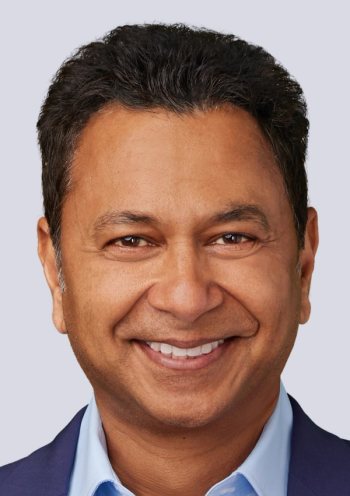
Paying now and chasing later the worst way to counteract fraud
Proactive fraud detection programs should identify bogus claims before the money is paid out
Preventing funds from leaving the organization, rather than retroactively prosecuting those who took it, is critical, according to James Quiggle, director of communications for the Coalition Against Insurance Fraud, based in Washington, D.C.
"Once the money is out the door, it's very difficult to recover," he says. "And while an insurer is chasing money that's already gone, new schemes spring up to take more. Health fraud is easy to get into and highly lucrative. An illiterate immigrant with minimal education could latch onto an organized gang's scheme and be a multimillionaire a year later."
"Most importantly, all of the healthcare stakeholders need to share information about their fraud investigations," he says. "Without the relevant information, technology can only do so much."
Although everyone agrees the problem is rampant, the industry's outlook on fraud frequently is different from that of the general public. While many in the general population focus on punishing the perpetrators, most health plans simply want to keep from paying out more money than they need to.
"The word 'fraud' generates a lot of excitement, because it's easy to understand and generates a lot of interest from a public relations standpoint," says Dean Farley, vice president with Eden Prairie, Minn.-based Ingenix Consulting.
In his role, Farley oversees the company's prospective payment and payment accuracy consulting services. He says in many cases, the intent behind the transaction is difficult to determine, and ultimately irrelevant. From a payer's perspective, the focus is on any type of incorrect payment or overpayment.
"The goal is to identify all types of overpayment and stop them before money leaves the organization," he says. "And they're less concerned with putting the bad guys in jail than they are ensuring that the bad guys don't get the money in the first place."
One of the greatest challenges payers have when battling fraud involves provider relations. The more aggressive a plan is when investigating suspicious claims, the more payments will be delayed.
Additionally, there are legal issues regarding prompt payment, at the state level and under ERISA. Many of the laws have exceptions for claims that a payer decides to investigate as potentially fraudulent. Still, unless the evidence is overwhelming, plans usually opt to simply pay it rather than risk worsening provider relations or legal issues.
Newsletter
Get the latest industry news, event updates, and more from Managed healthcare Executive.

























